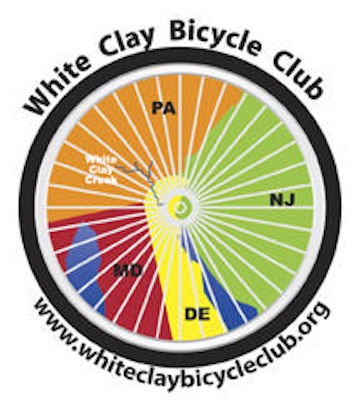How to become Delaware’s expert on bicycle parking

The Wilmington Area Planning Council (WILMAPCO) is sponsoring four important webinars on bicycle parking. All sessions will be held at WILMAPCO (850 Library Street, Newark) and are free and open to the public:
• #1: The Basics of Bicycle Parking
Wednesday, February 27 | 2:00 to 3:00 p.m.
• #2: Municipal Bicycle Parking Programs
Wednesday, February 27 | 3:00 to 4:00 p.m.
• #3: Bicycle Parking and Transit
Wednesday, March 13 | 3:00 to 4:00 p.m.
• #4 Institutional and Campus Bicycle Parking Programs
Wednesday, April 10 | 3:00 to 4:00 p.m.
The first and second webinars are February 27. Webinar #1 will review some of the basic principles of accommodating bicycles in both public and institutional environments. We will review types of parking in current use for both short and long term parking, and describe the conditions and constraints which guide selection of parking strategies and equipment. The session will look globally at the organization of the APBP Bicycle Parking Guidelines and preview future sessions. Topics include core concepts, rack design and desirable features, site planning and innovations.
Webinar #2 will focus on the application of the basic principles to develop a municipal or regional bicycle parking program. A particular point of the presentation involves the development of an on-street parking program with both sidewalk and high capacity components. The APBP guide to development of codes and policies is discussed, as are funding and delivery methods for public bicycle parking programs. The session also covers differing requirements for residential, civic, commercial and industrial programs and the impact of bike share programs on bicycle parking.
Webinar #3 is March 13, and will introduce and describe techniques and programs used by transit agencies to encourage and accommodate high levels of bicycle access to a variety of transit modes. Particular attention will be paid to use of higher security and capacity techniques, including staffed parking, lockers and “in-line” station parking solutions. Forecasting demand will be discussed, as will security and management concerns unique to transit. Bicycle parking will be examined as a means to leverage other transit and bicycle infrastructure development through thoughtfully designed and managed parking programs. The session will also cover design, layout, and management of lockers; bike stations; and adapting bicycle parking to specific transit modes.
Finally, the final webinar on April 10 will look at how major employment centers and institutions such as hospitals, college campuses and office/industrial centers can meet employee transportation needs both independently and in conjunction with public and transit parking programs. Techniques such as bike rooms and sheds will be examined, as will the impact of proposed bike share facilities on existing bicycle parking capacity. The session includes examples from the University of Washington and Microsoft.








